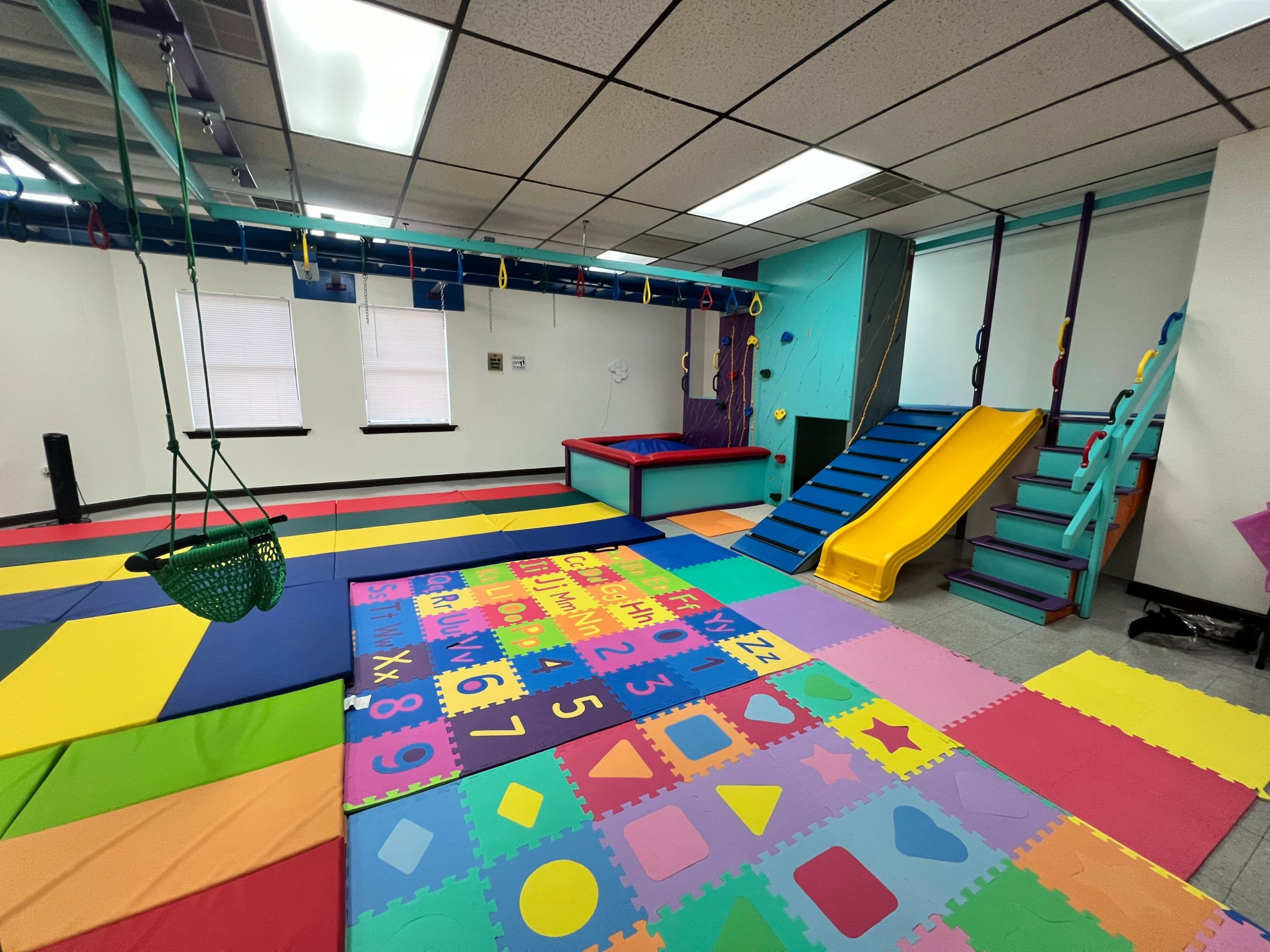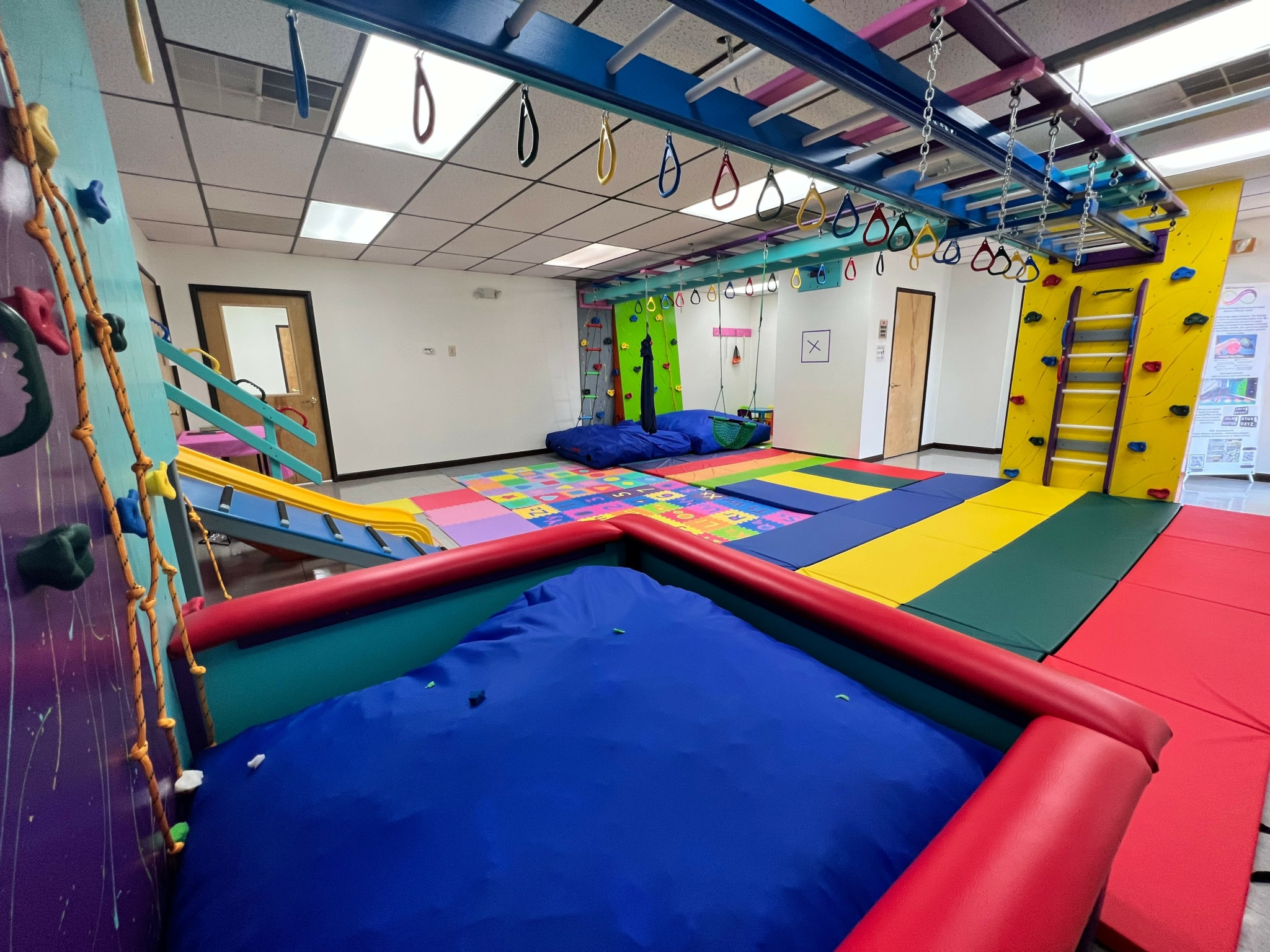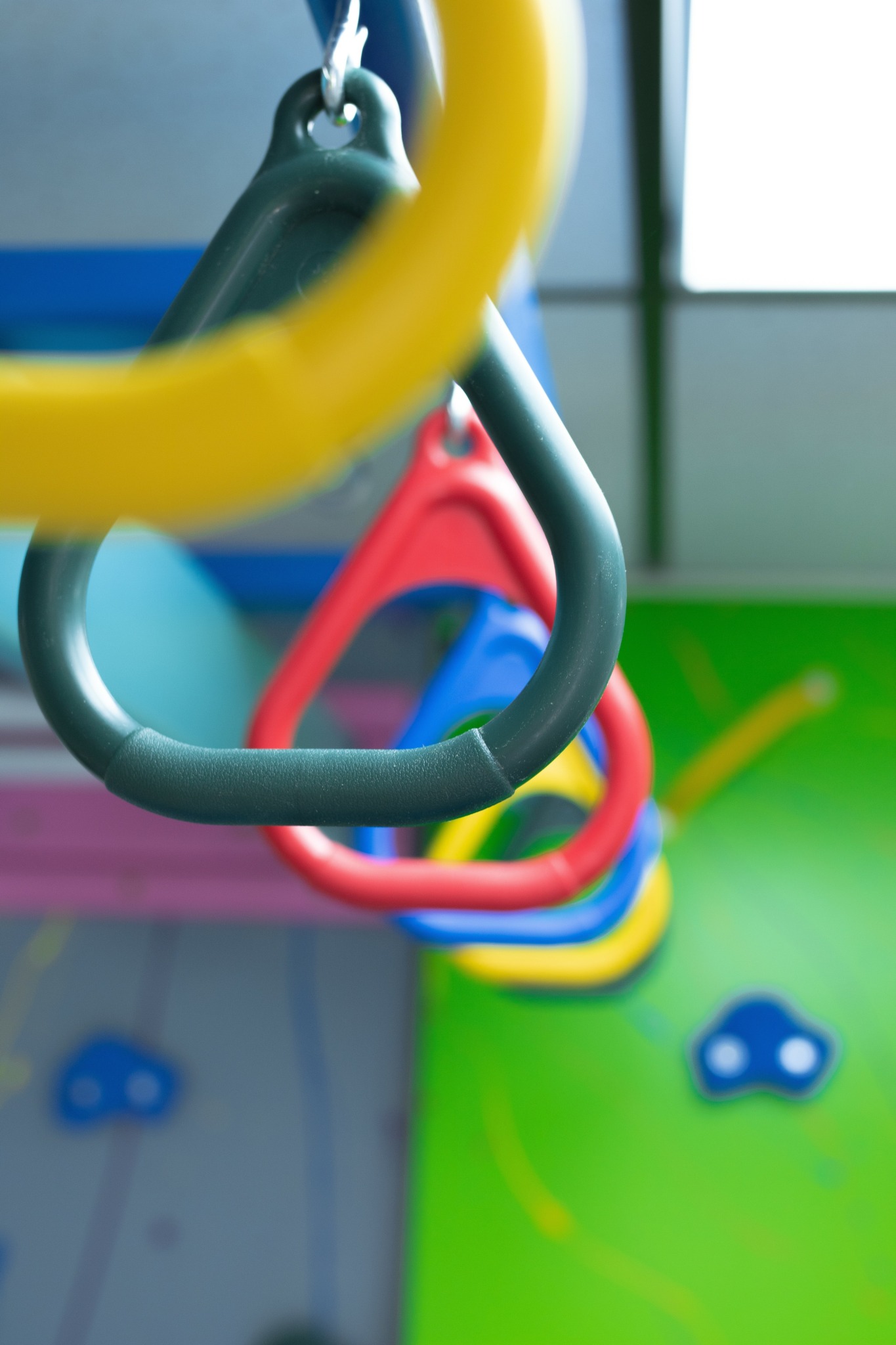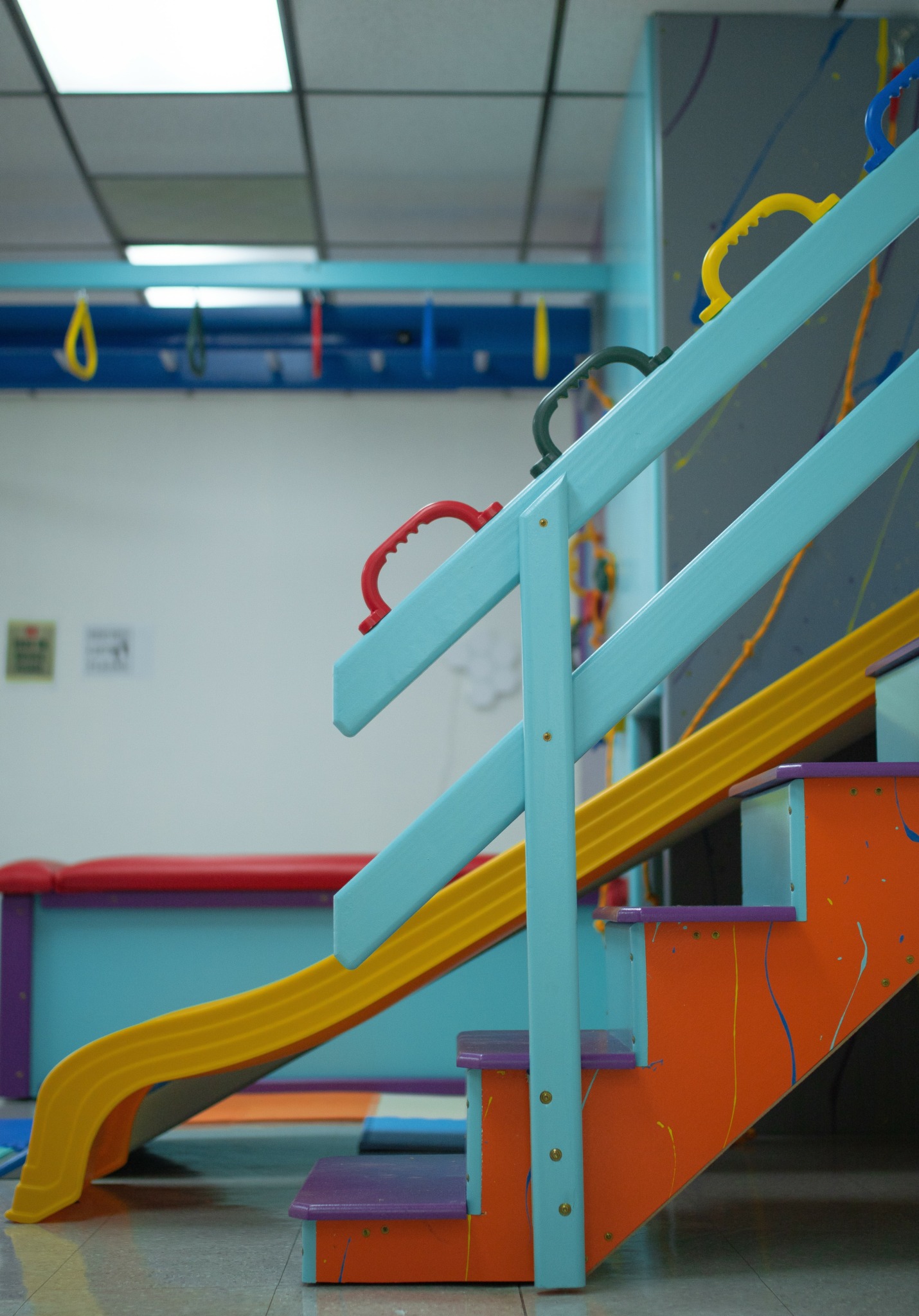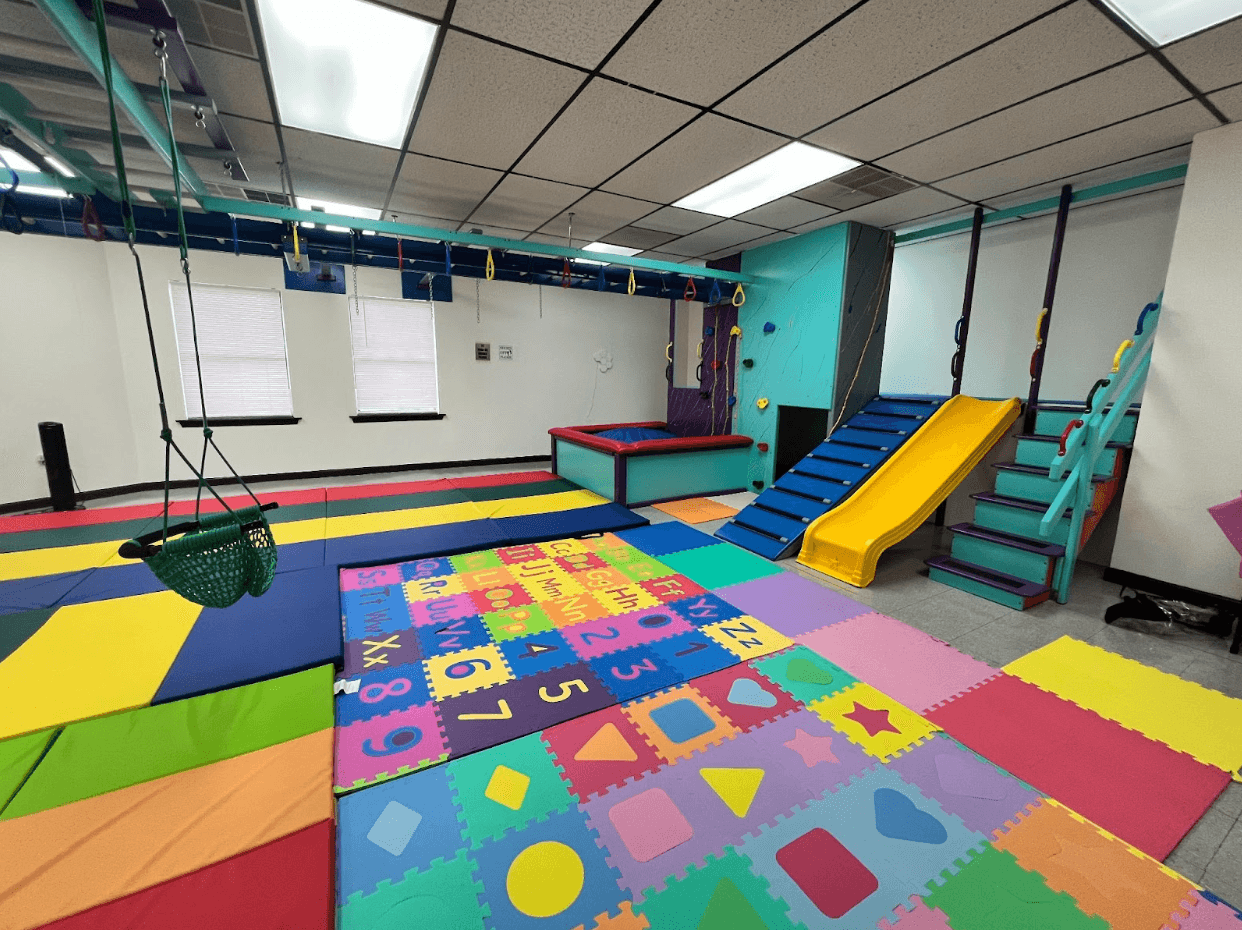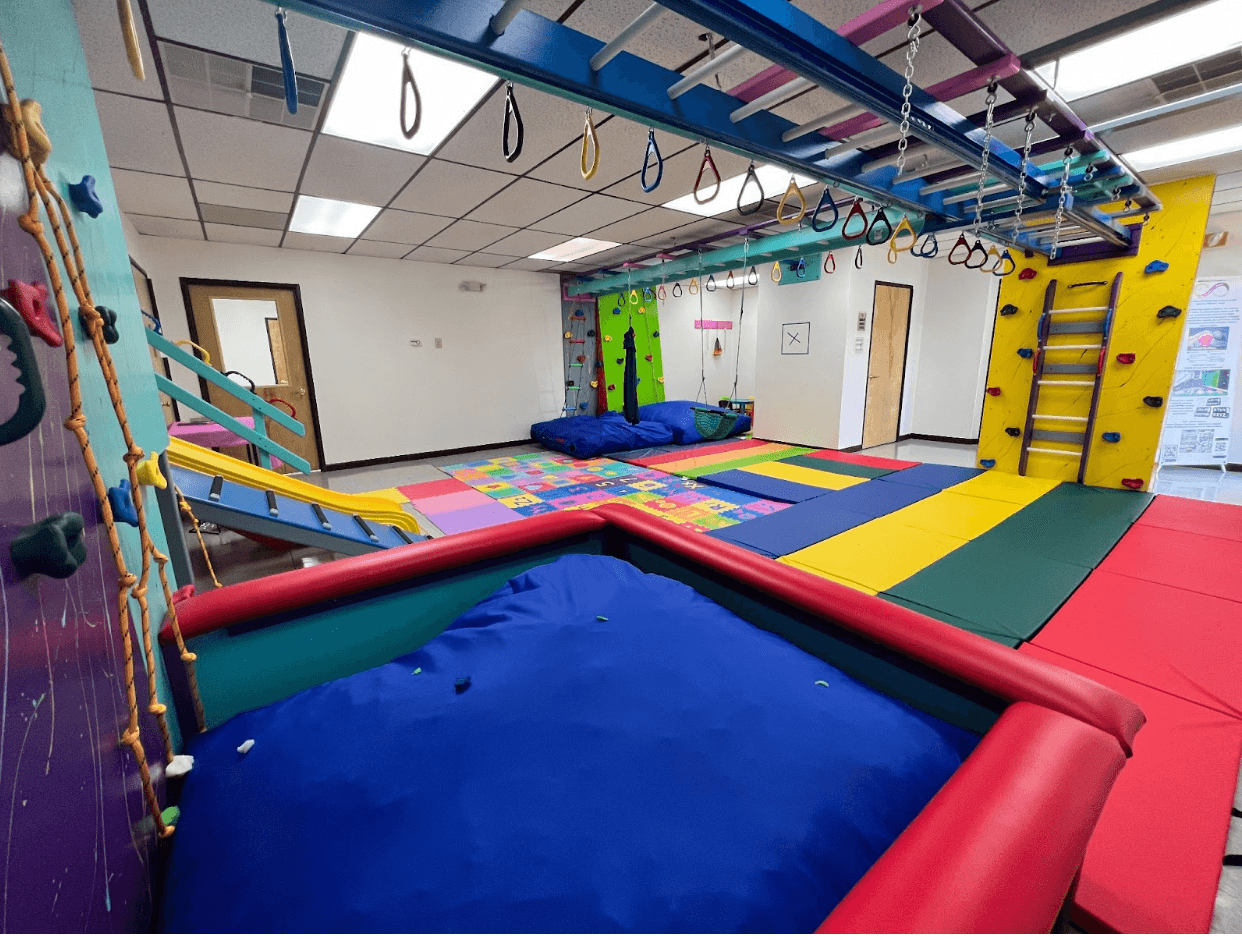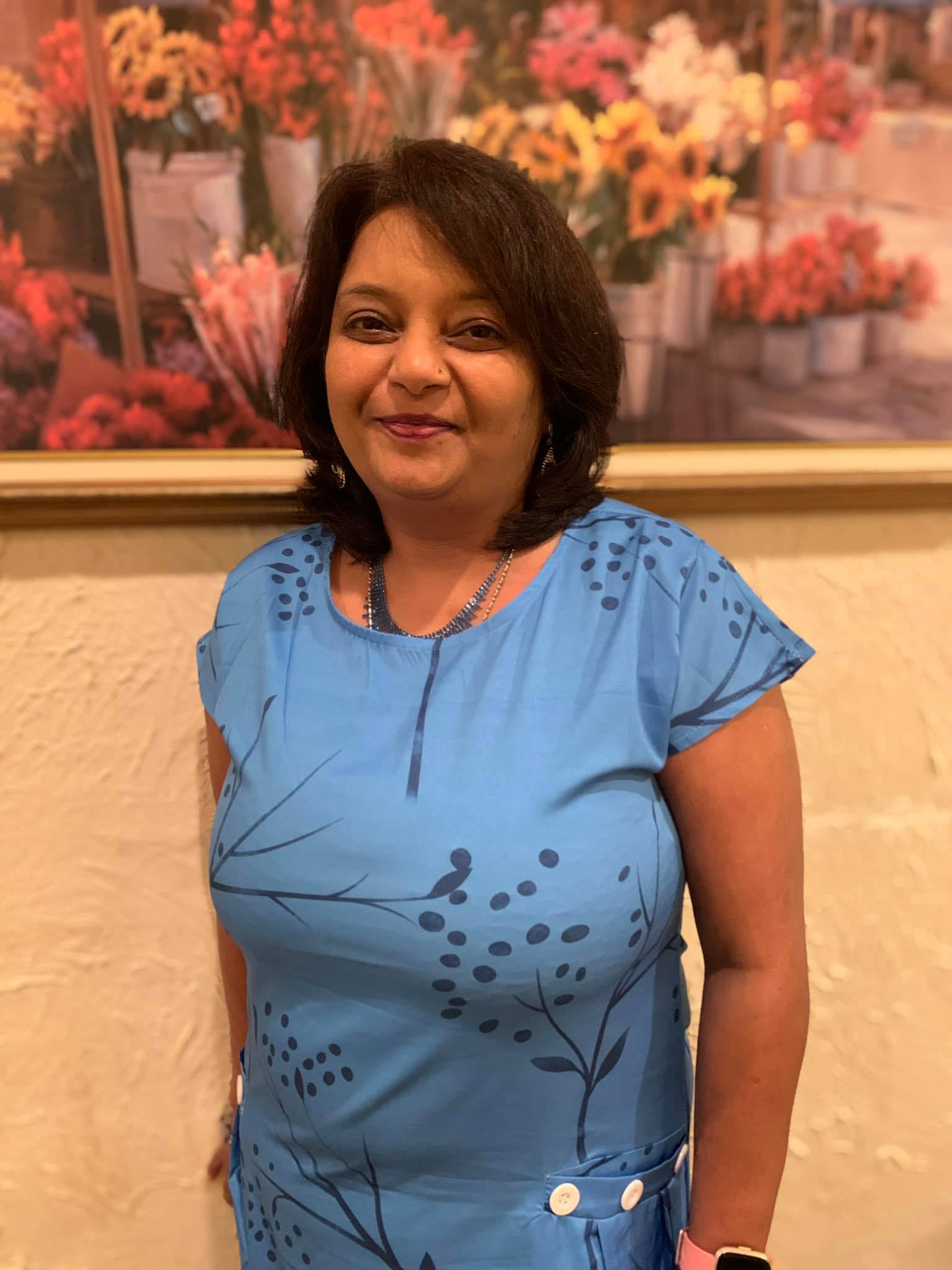Today we’d like to introduce you to Manisha Lad.
Hi Manisha, thanks for joining us today. We’d love for you to start by introducing yourself.
Our journey began with our son, Akhil. When he was diagnosed with autism, it felt like the ground beneath us shifted. We were thrown into a world of therapies, unknowns, and conflicting advice—like many families, we were desperate for clarity and hope. But as we walked that path with Akhil, we realized that the journey was not just about finding the right resources, but about creating them.
That’s how Akhil Autism Foundation was born. What started as a small effort to raise awareness soon grew into an international platform connecting science, technology, and care. We’ve reached thousands of families globally, offered evidence-based webinars in multiple languages, and empowered both professionals and parents with practical solutions and knowledge.
As Akhil grew, he began typing to communicate. That changed everything. We saw his intelligence, humor, and depth—proof that non-verbal does not mean non-thinking. That insight became the heartbeat of our mission.
We launched the Sensory Pathway Center, a developmental therapy hub rooted in a structured Neurosensory foundation . The center supports individuals across all stages—from sensory regulation to pre-vocational training—guided by frameworks like Erikson’s psychosocial theory and the real-world needs of our neurodiverse community.
Innovation is central to what we do. From our Neurodiverse Gardeners Program, which integrates environmental justice and community building, to our upcoming NeuroKids preschool model that supports different learners with digital tools like IXL and Graspable Math—we are creating spaces where every mind is valued.
Personally, this work has also deepened my spiritual journey. In February 2025, I embarked on a sacred trip across India—from Ayodhya to Varanasi—seeking blessings, strength, and peace to continue this mission. I’ve come to believe that this path we’re on isn’t just about therapy or education—it’s about purpose.
Today, Akhil is attending college, learning to cook, and growing into a confident young man. His journey continues to inspire every initiative we take. And we’re just getting started
I’m sure it wasn’t obstacle-free, but would you say the journey has been fairly smooth so far?
It definitely hasn’t been a smooth road—and honestly, I wouldn’t expect it to be when you’re building something so personal and purpose-driven.
In the early days after Akhil’s diagnosis, we were overwhelmed by the lack of clear direction. We faced long waitlists, expensive therapies, and countless sleepless nights trying to understand what would actually help our child. There was emotional strain, financial pressure, and the constant need to advocate—sometimes even when we didn’t know what we were advocating for yet.
As we grew the Akhil Autism Foundation, we hit other challenges: limited funding, language barriers for our international families, and skepticism from communities unfamiliar with evidence-based therapies. We had to constantly adapt—translating science into real-life strategies, convincing people to try new approaches, and building trust from the ground up.
Starting the Sensory Pathway Center was another leap of faith. We were (and still are) a small nonprofit, trying to bring in therapists, create innovative programs, and serve families while staying within budget. We lost a major client at one point, and that shook us. But it also pushed us to think differently—how could we make our programs sustainable and accessible?
And then there’s the personal side. Balancing Akhil’s needs, our own careers, and the emotional toll of constantly “fighting the system” has never been easy. There have been moments of burnout and self-doubt. But we kept going—because when you see even one child type their first sentence or smile after years of struggle, it reminds you why you started.
We’ve learned to turn every setback into an opportunity for innovation. And while the road hasn’t been smooth, it has been deeply meaningful.
Alright, so let’s switch gears a bit and talk business. What should we know?
At its heart, Akhil Autism Foundation is more than just a nonprofit—it’s a movement driven by lived experience, science, and deep compassion.
We empower individuals with autism and neurodevelopmental differences through a unique model we call the NeuroCare Continuum. This framework blends developmental theory, sensory integration, executive functioning, and real-world life skills into a step-by-step, customized pathway. It’s offered through our flagship initiative, the Sensory Pathway Center, located in New Jersey.
What do we do?
We specialize in holistic, evidence-based support for neurodivergent individuals—children, teens, and young adults—many of whom are non-speaking or have complex sensory needs. Our services include:
Comprehensive evaluations
Sensory regulation and reflex integration
Executive functioning and motor planning
Functional life skills and pre-vocational training
Recreational therapy
Transition planning and parent education
We are also a DDD-approved vendor, offering programs for adults that encourage community integration, independence, and employability. Our initiatives include innovative programs like:
Neurodiverse Gardeners – where individuals engage in environmental sustainability and therapeutic gardening
NeuroKids – a preschool model in development for neurodiverse learners using digital tools and sensory-informed instruction
Worldwide Autism Courses – empowering parents and professionals with practical, research-based training and certifications
What sets us apart?
We deeply understand what it means to raise a child with autism, because we’ve lived it. Every program is designed not just from textbooks, but from experience. We believe non-speaking does not mean non-thinking. That philosophy shapes everything we do—from using AAC and eye-gaze tools, to helping individuals like Akhil (our inspiration) succeed in college and daily living.
Our center also combines therapy with purpose—we don’t just focus on “fixing” behavior, but on understanding the why behind it, building strengths, and helping individuals lead meaningful lives. We use science, yes—but we lead with empathy.
What are we most proud of?
We’re proud of the lives we’ve touched around the world—parents who found hope through our webinars, children who typed their first words, adults who gained confidence to work and connect. Brand-wise, we are proud to stand for inclusion, innovation, and impact. Our recent fundraising concert, Aawaaz Hee Pehchaan Hai, brought Bollywood artists and community supporters together to amplify the voices of those often unheard.
What should people know about us?
We are building bridges—between science and families, between neurodiverse and neurotypical communities, and between challenges and solutions. Whether you’re a parent, a professional, or someone just curious about autism—we have something for you. And we’re growing.
What matters most to you?
What matters most to me is creating a world where every neurodiverse individual is truly seen, heard, and empowered to live a meaningful life—regardless of their ability to speak, move, or learn in conventional ways.
Why? Because I’ve witnessed firsthand what happens when the world underestimates someone based on how they express themselves. My son, Akhil, is minimally verbal—but he is deeply intelligent, thoughtful, and capable. When he started communicating through typing, it opened a new world—not just for him, but for everyone around him. It made me realize how many voices go unheard simply because they don’t come in typical forms.
That experience fuels everything I do. It drives our programs, our center, and our advocacy. It’s not just about therapy or education—it’s about dignity, equity, and opportunity. I want every child, every adult, every family to know that their journey matters, that they’re not alone, and that their potential is limitless when given the right support.
At the end of the day, what matters most is hope—the kind rooted in action, awareness, and love
Contact Info:
- Website: https://www.aafsensorypathway.com
